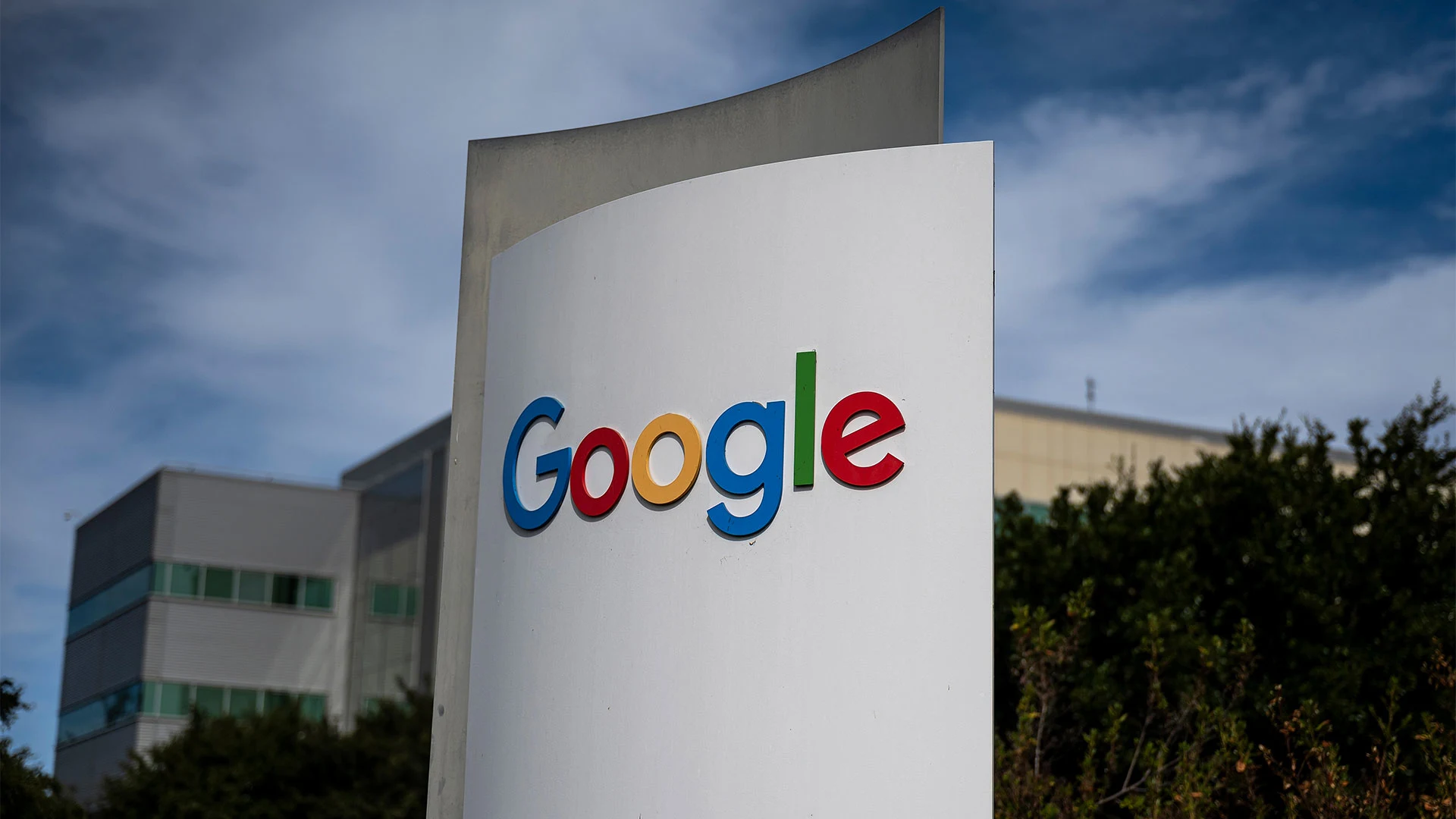
"Last August, a federal judge issued a historic ruling against search giant Google: The company engaged in monopolistic behavior when it offered payment to be the default search engine on tech platforms owned by other companies. Months later, the historic antitrust verdict led the Department of Justice (DOJ) to seek numerous possible remedies against Google, including limiting the company's ability to enter into paid search deal agreements and selling off its Chrome browser."
"If Google were forced to sell off Chrome and Android, it would lose control over the software that billions of people across the globe use to interact with the internet, the company's services, and its search tools. This impact would also greatly harm Google's search business, and any new owner of Android and Chrome likely wouldn't keep Google as the default search engine of the software."
A U.S. district judge found that Google engaged in monopolistic behavior by paying to be the default search engine on other companies' platforms. The Department of Justice proposed remedies including divesting Chrome and Android and barring preferred search agreements. The judge issued remedies that fell short of the harshest options, allowing Google to avoid forced sales of Chrome or Android and many strict limits on search agreements. Markets reacted positively, with Google and Apple shares rising in premarket trading. The outcome preserves Google's core control over its browser and mobile ecosystem while imposing some constraints.
Read at Fast Company
Unable to calculate read time
Collection
[
|
...
]